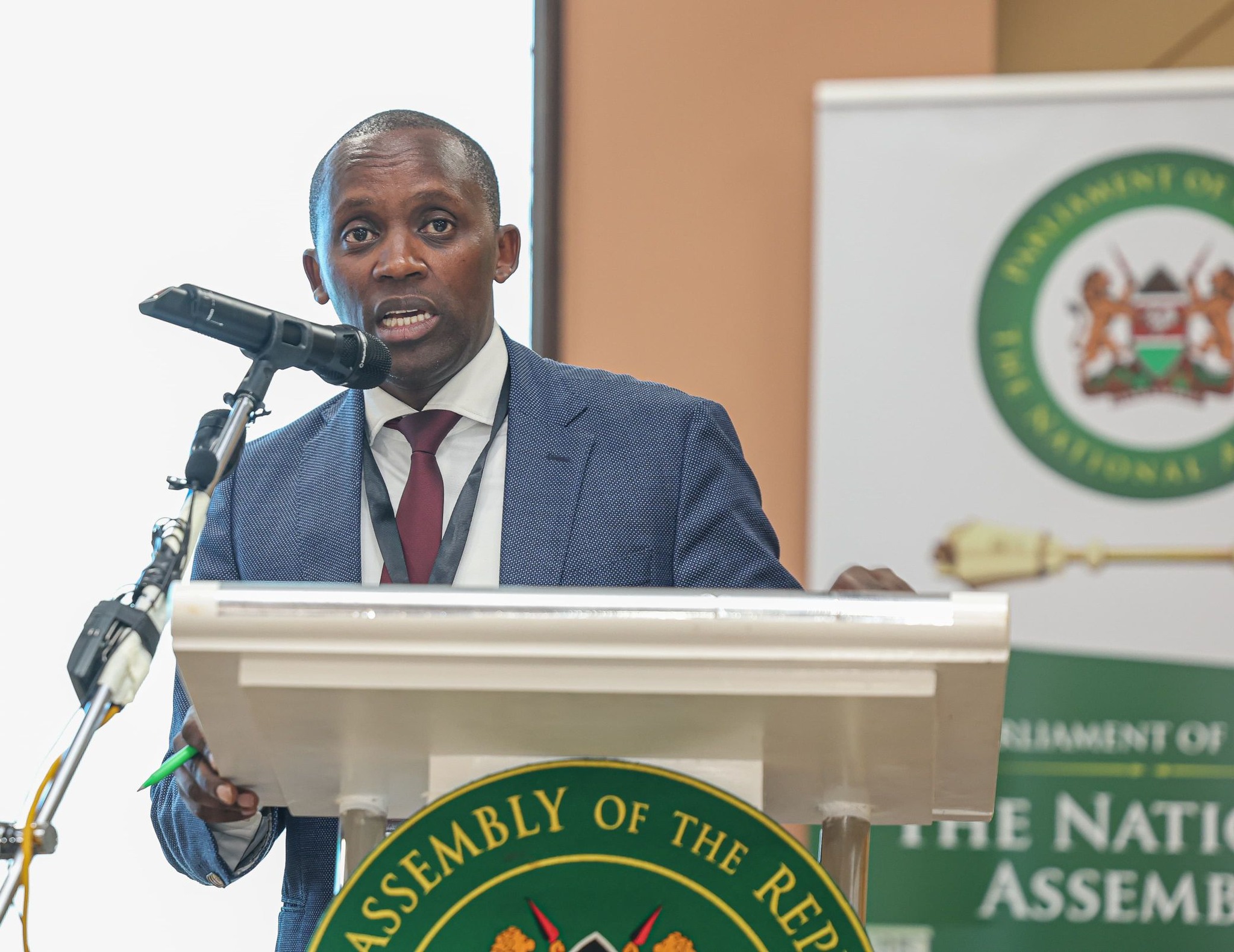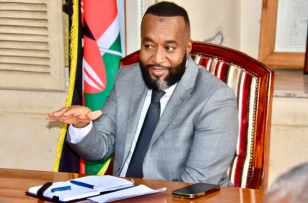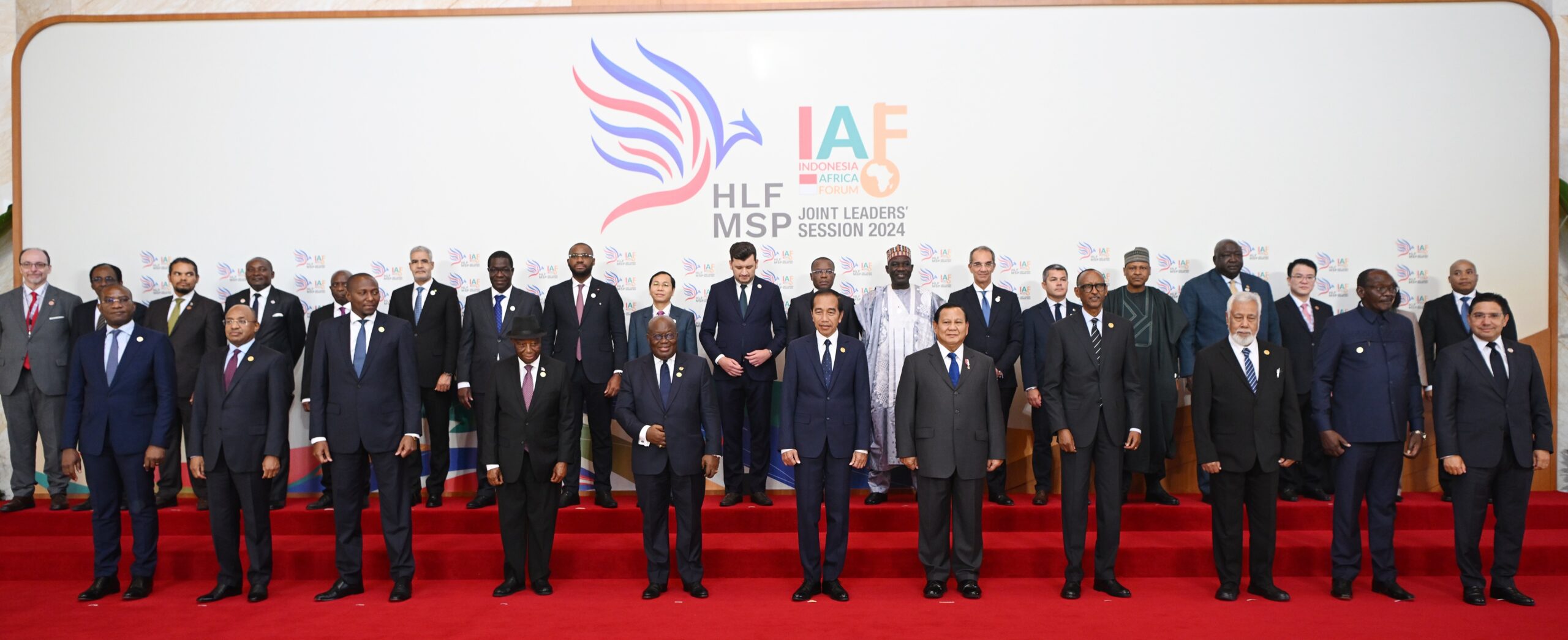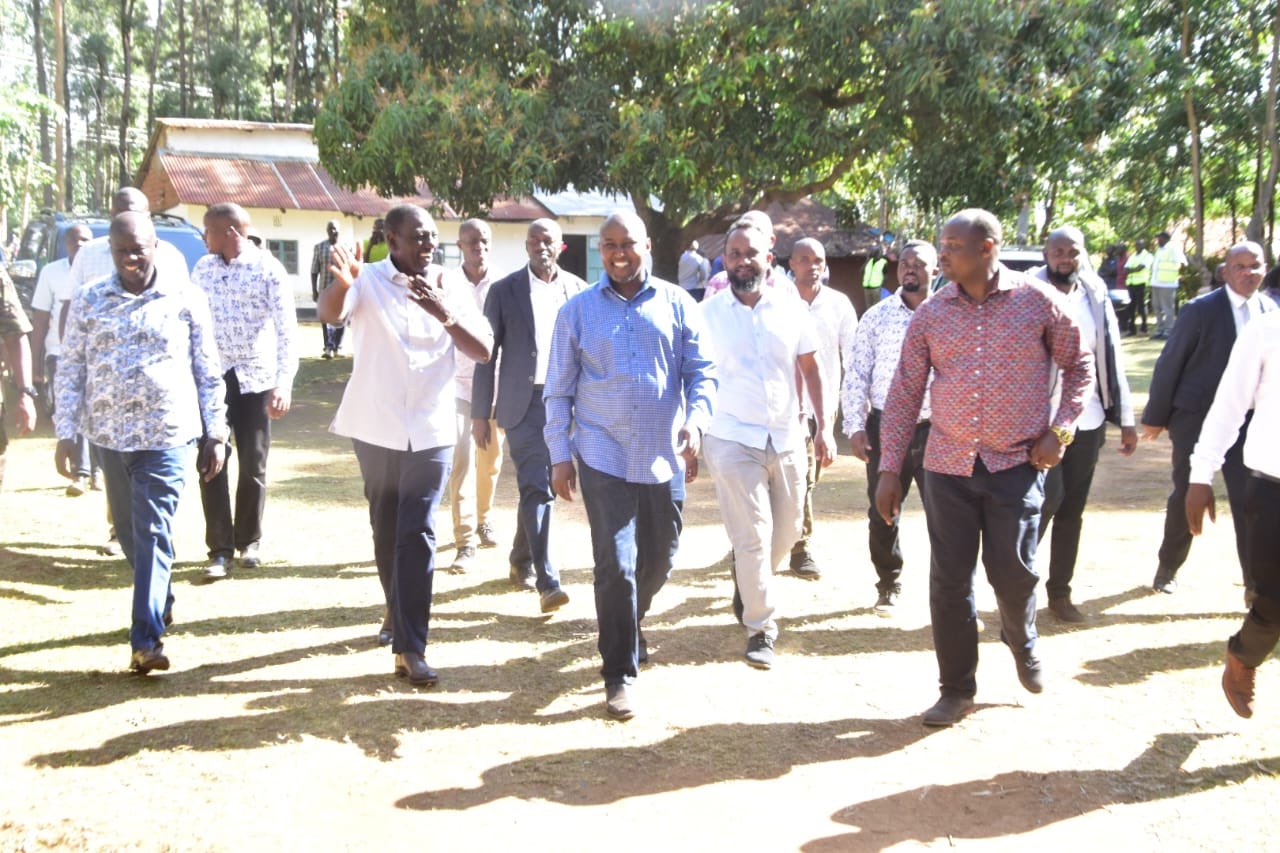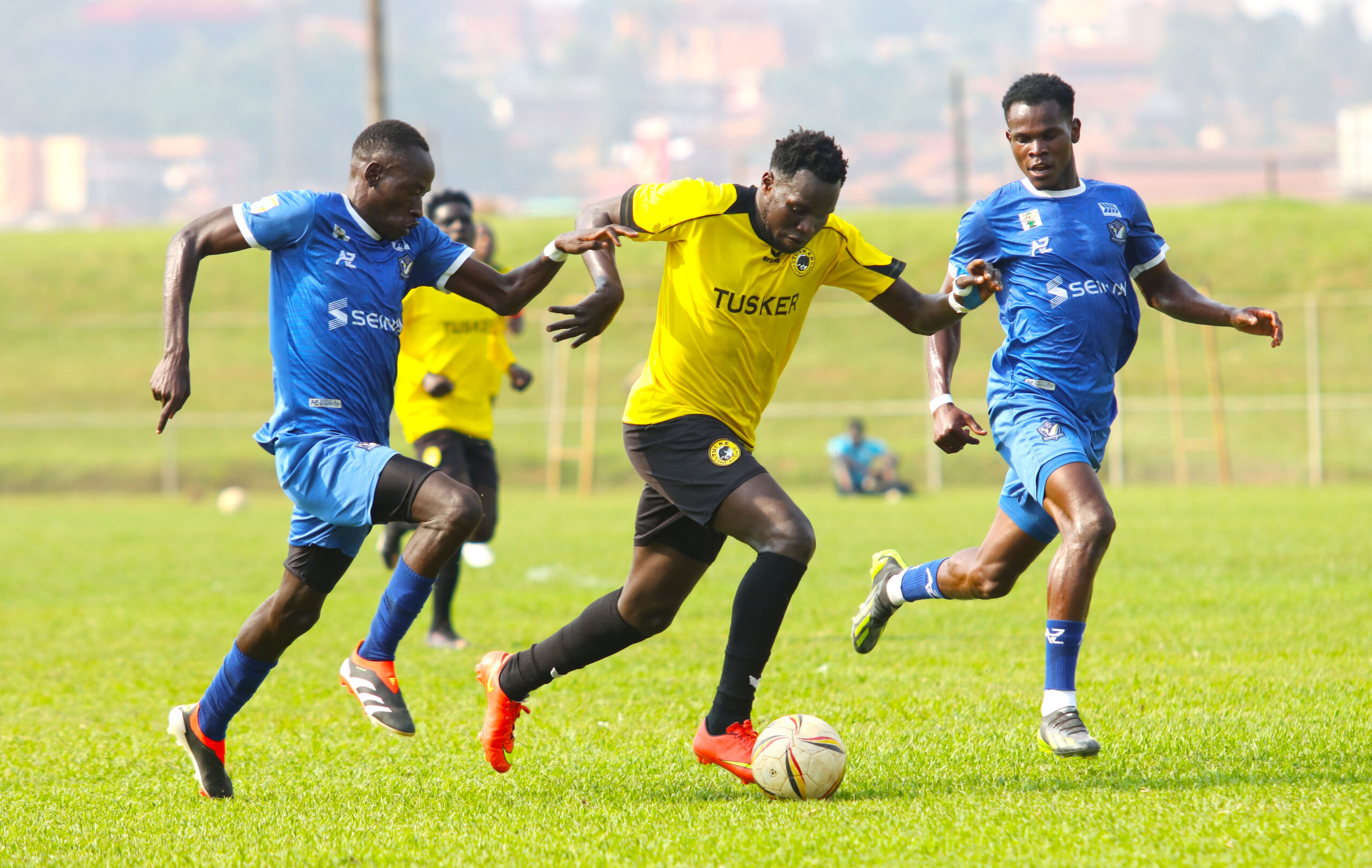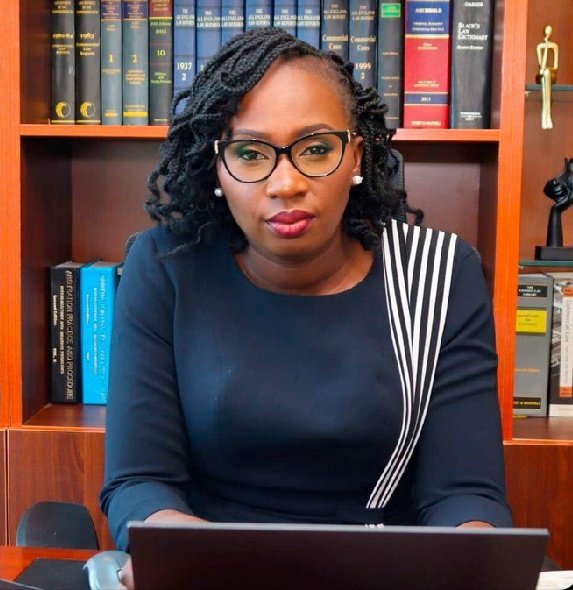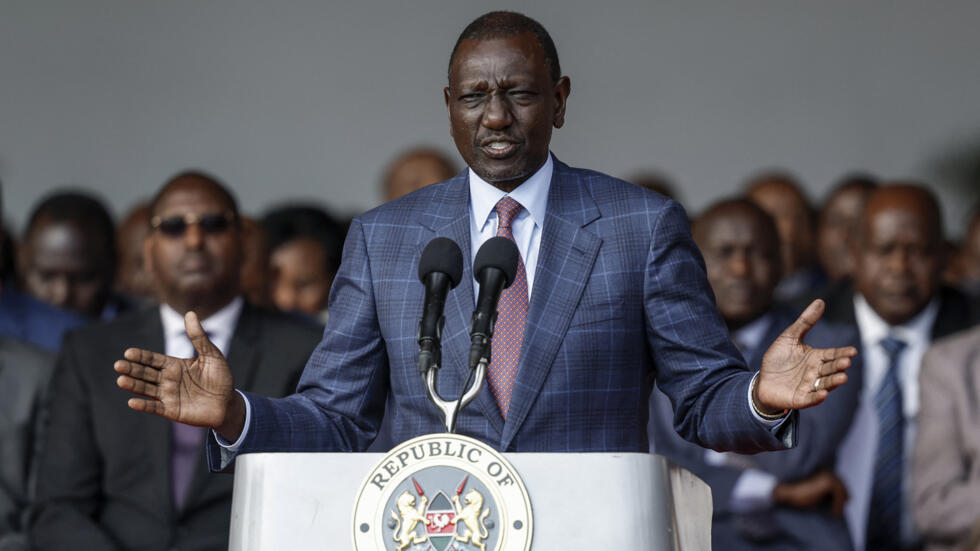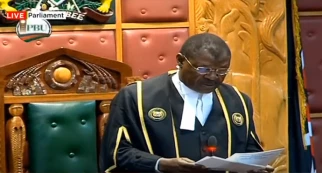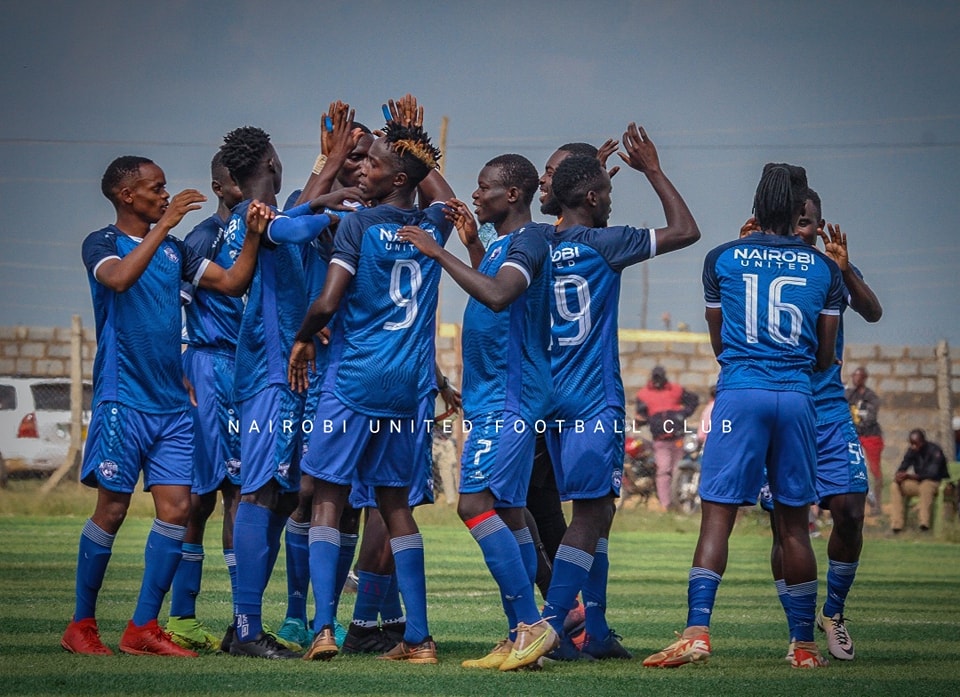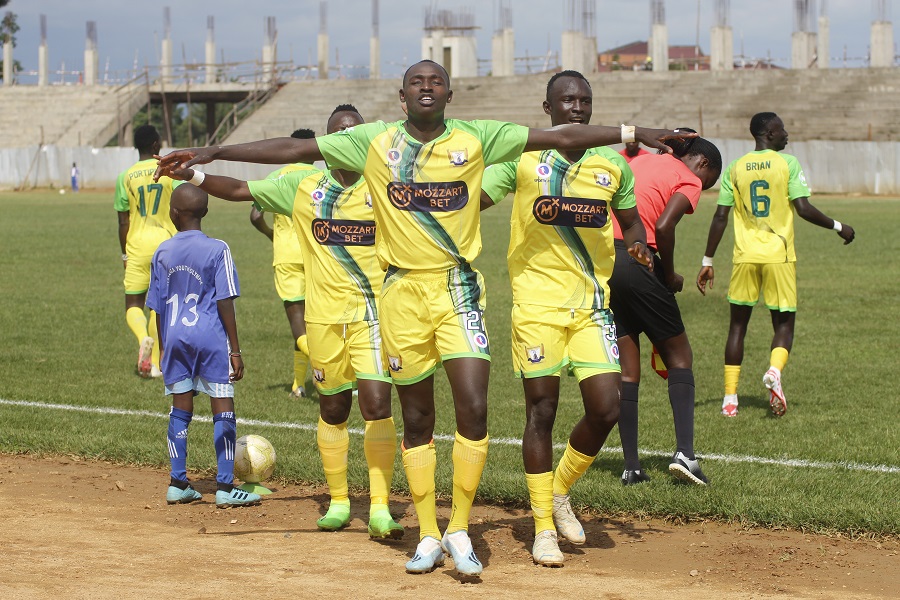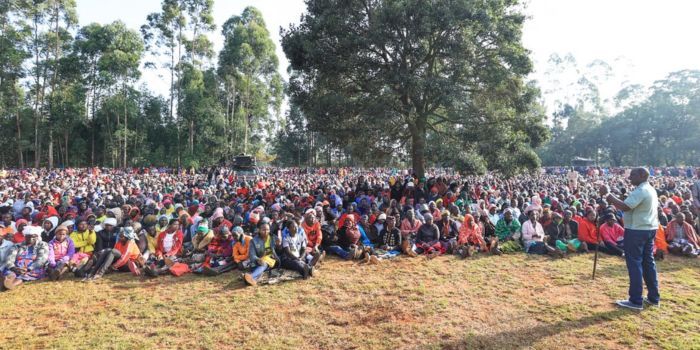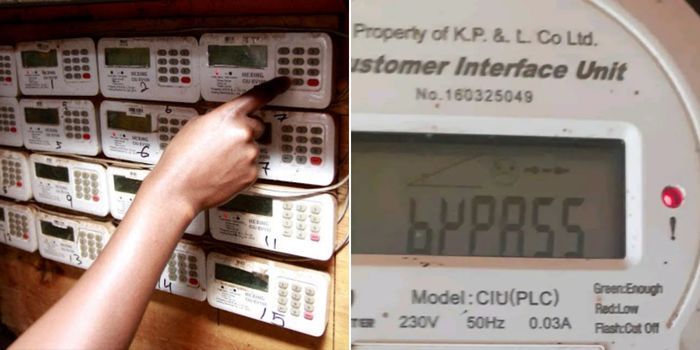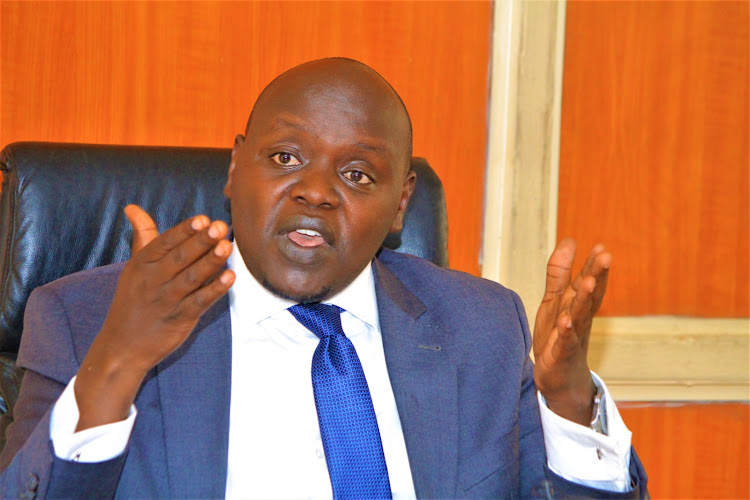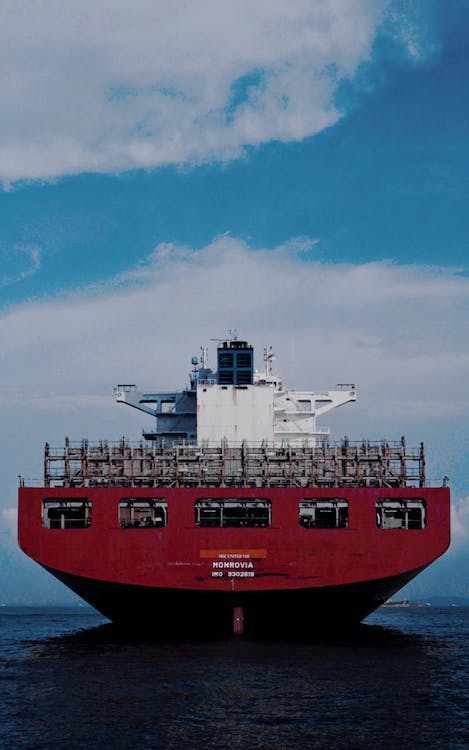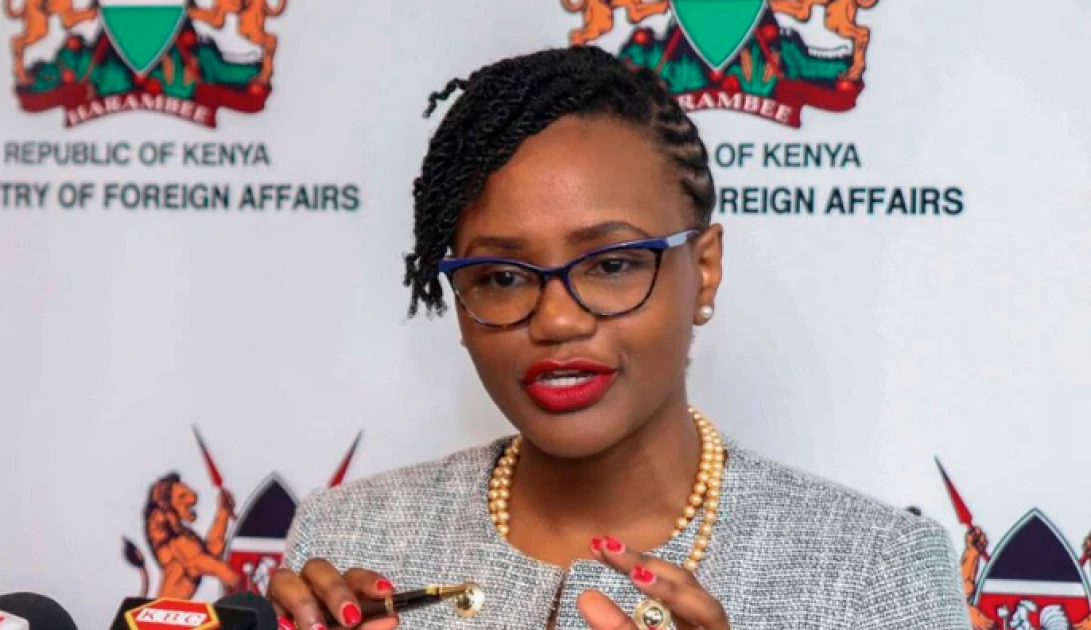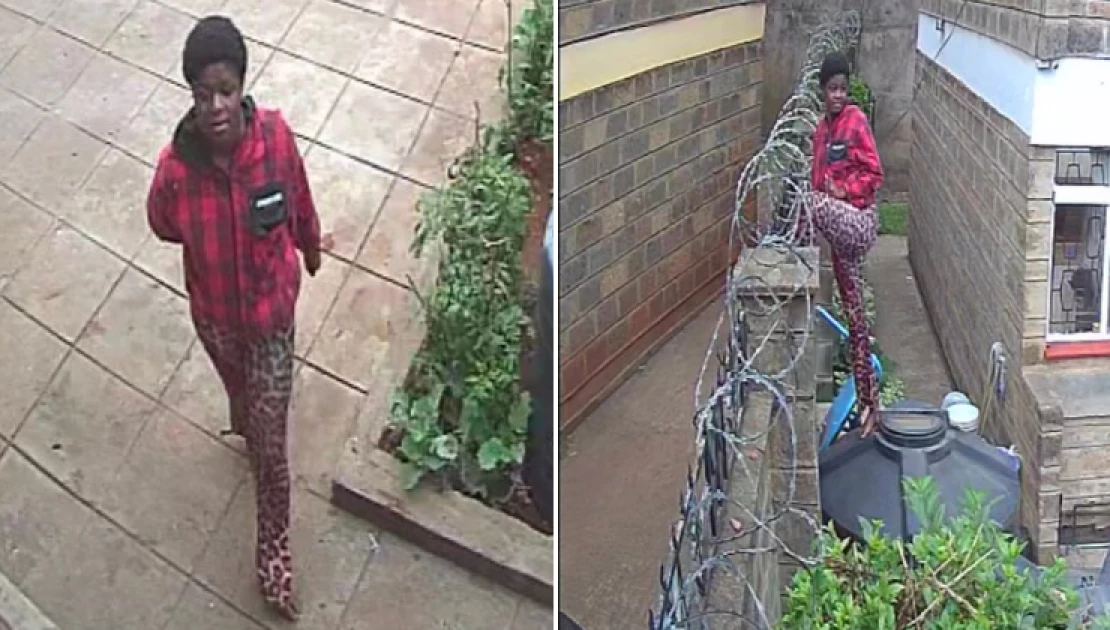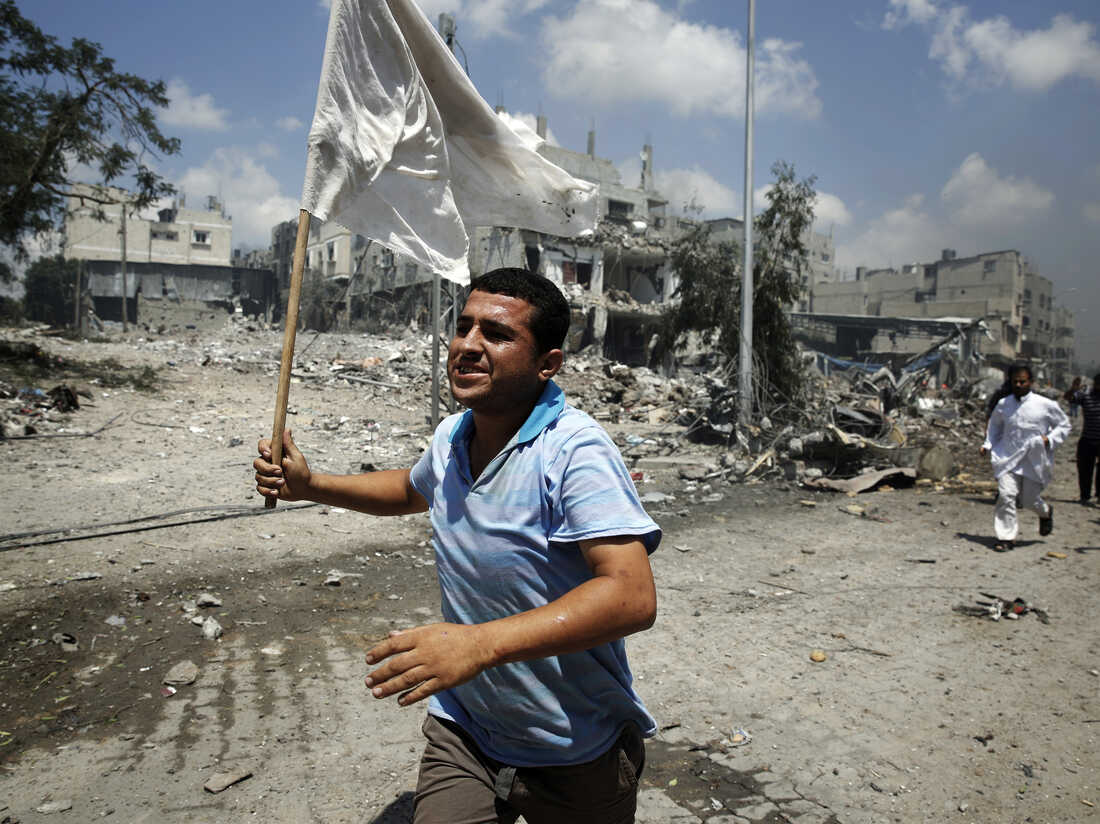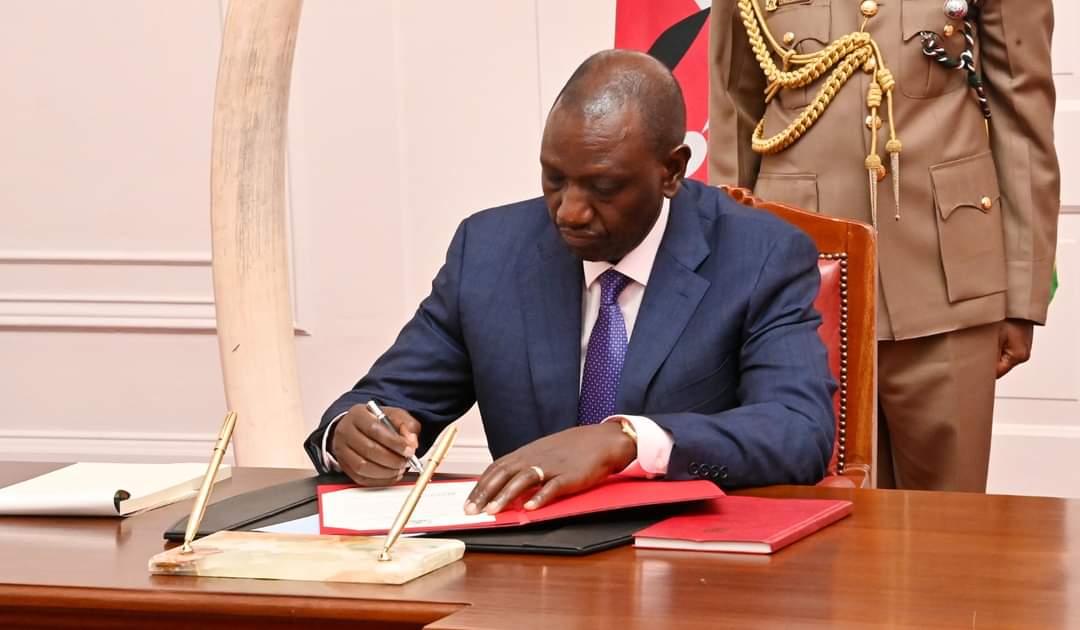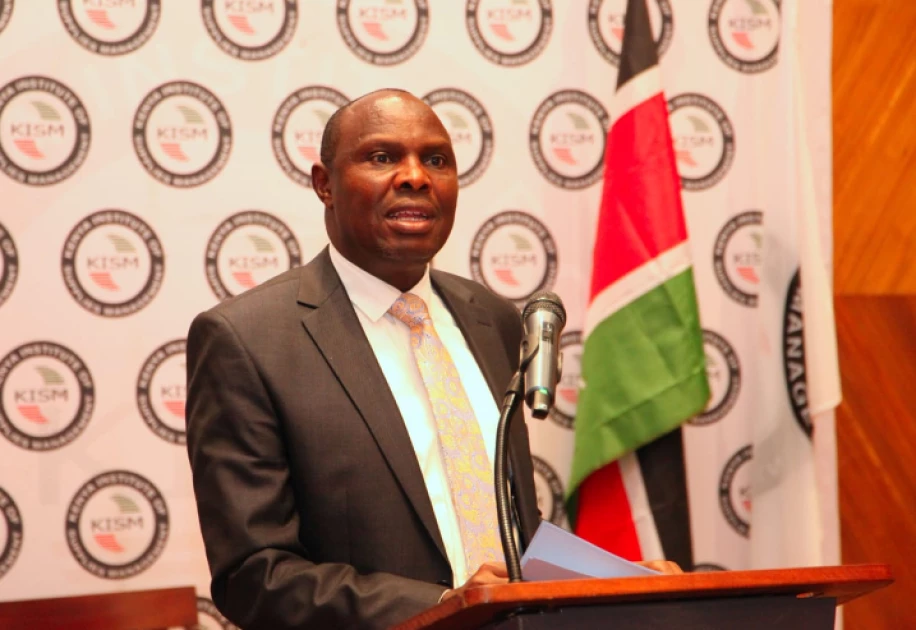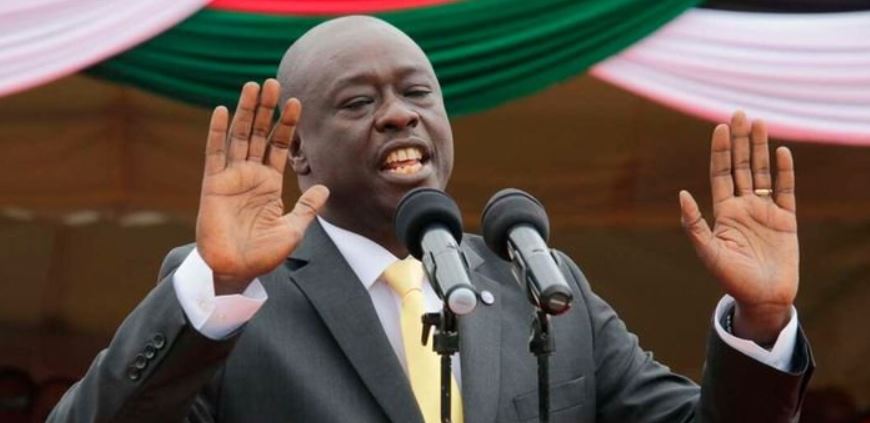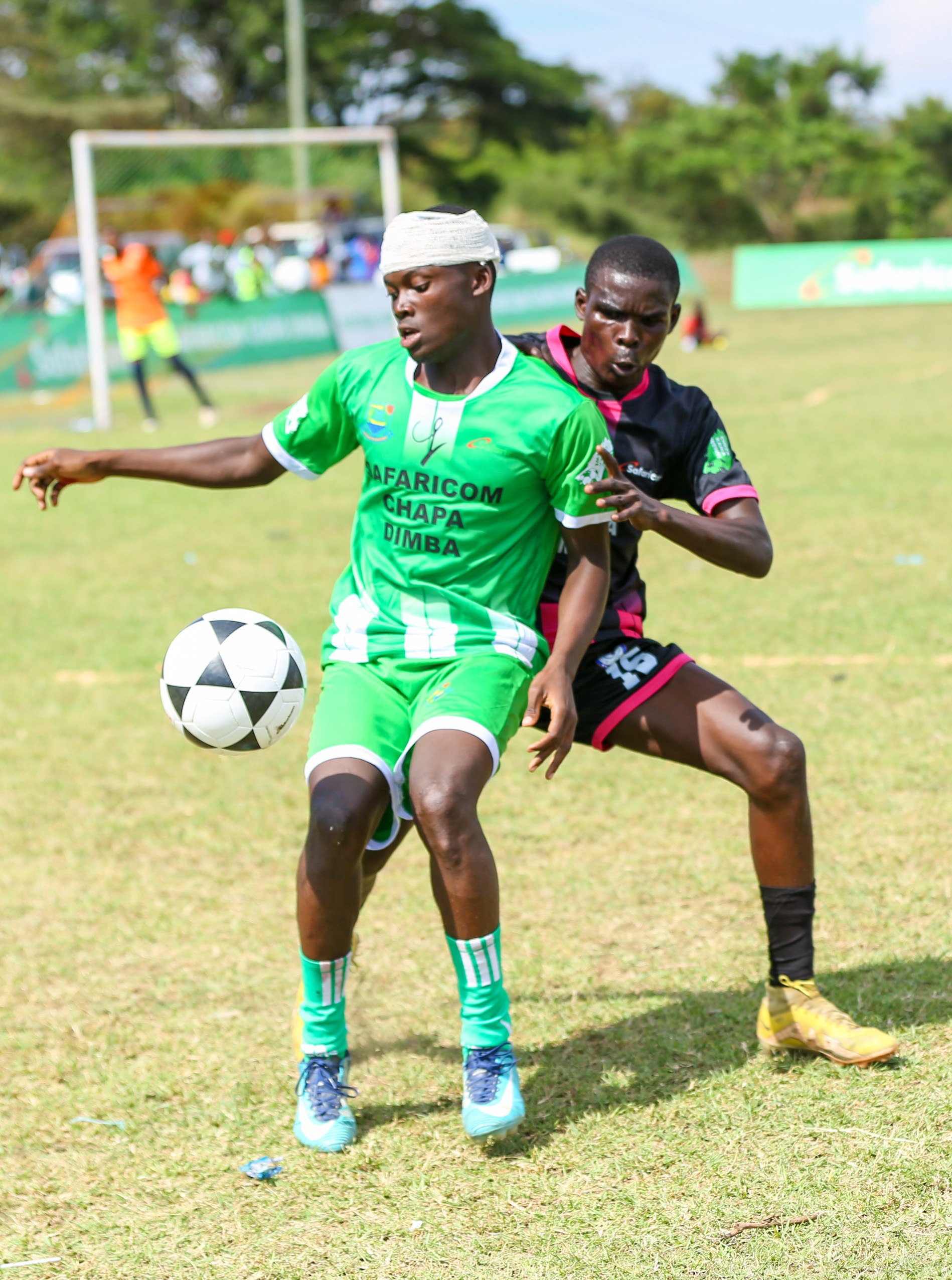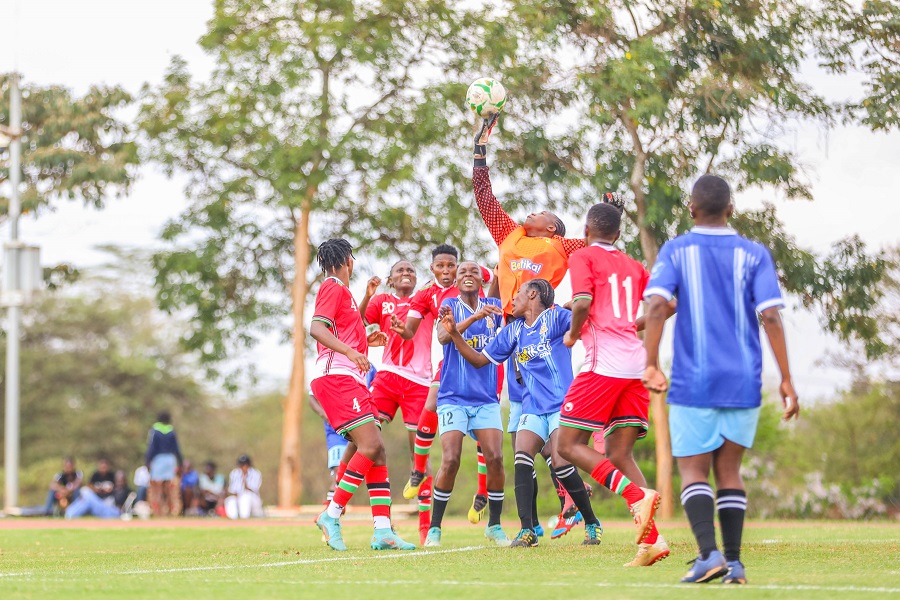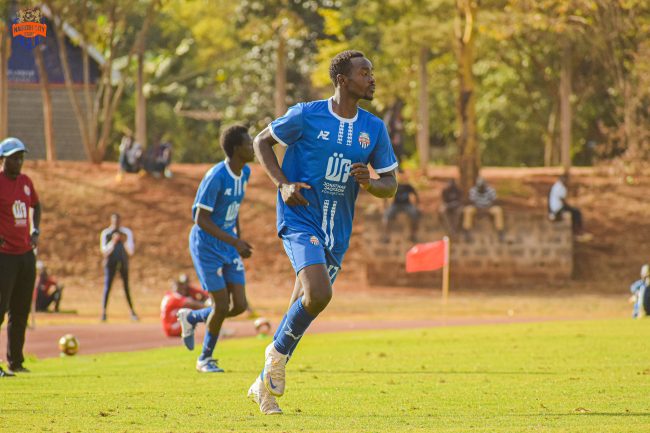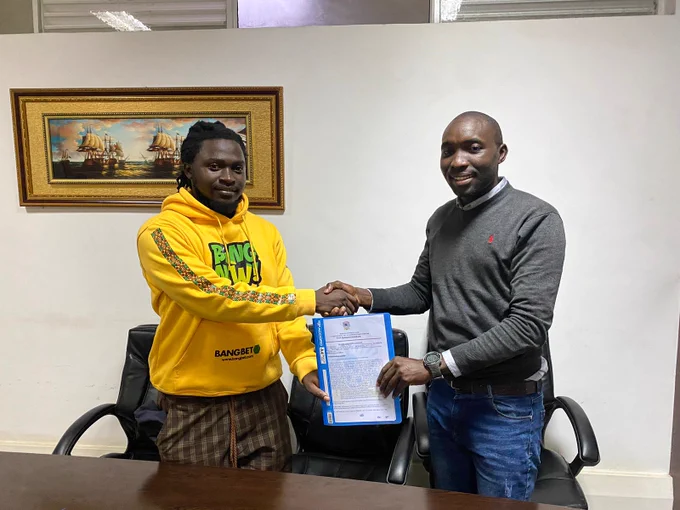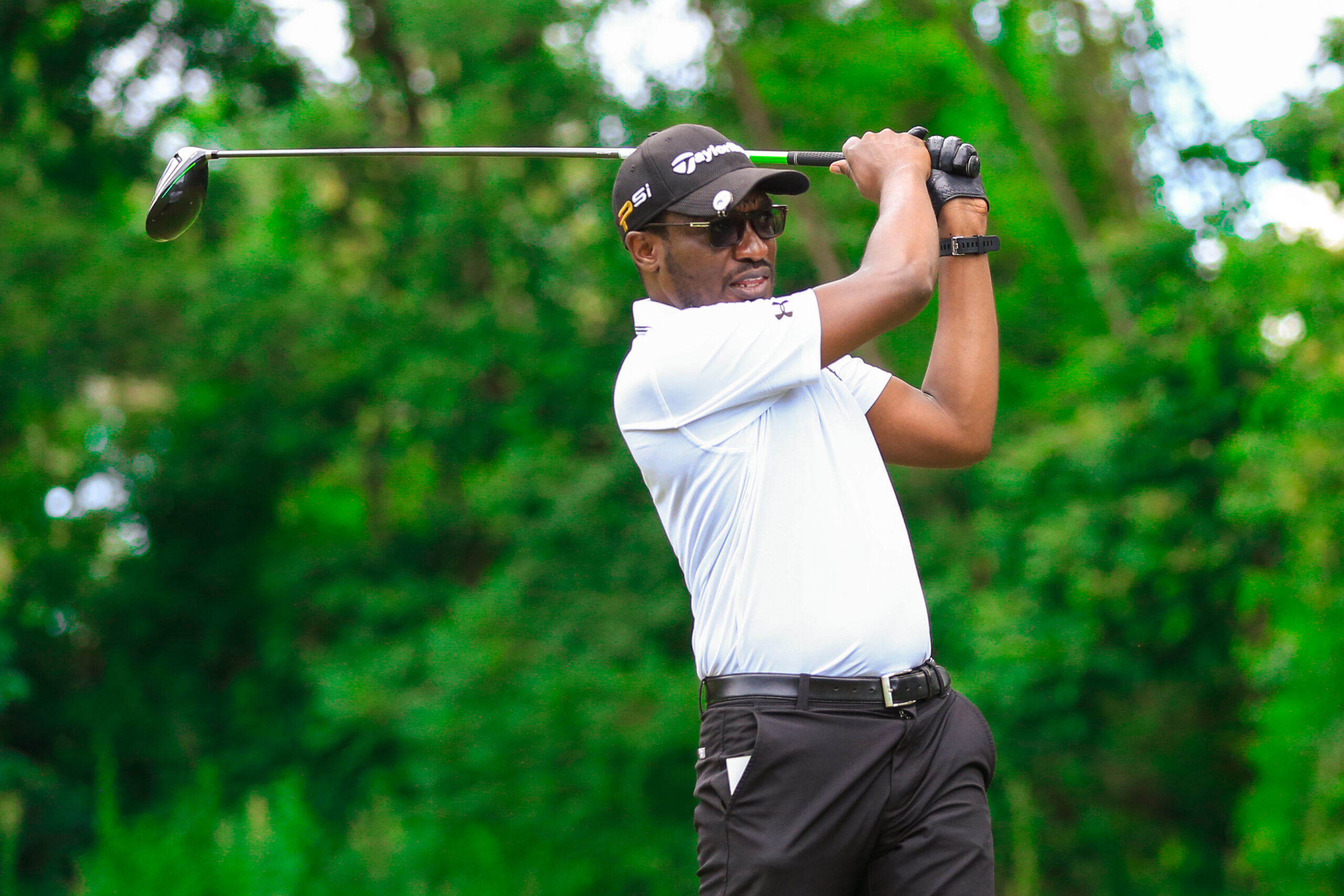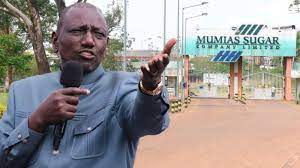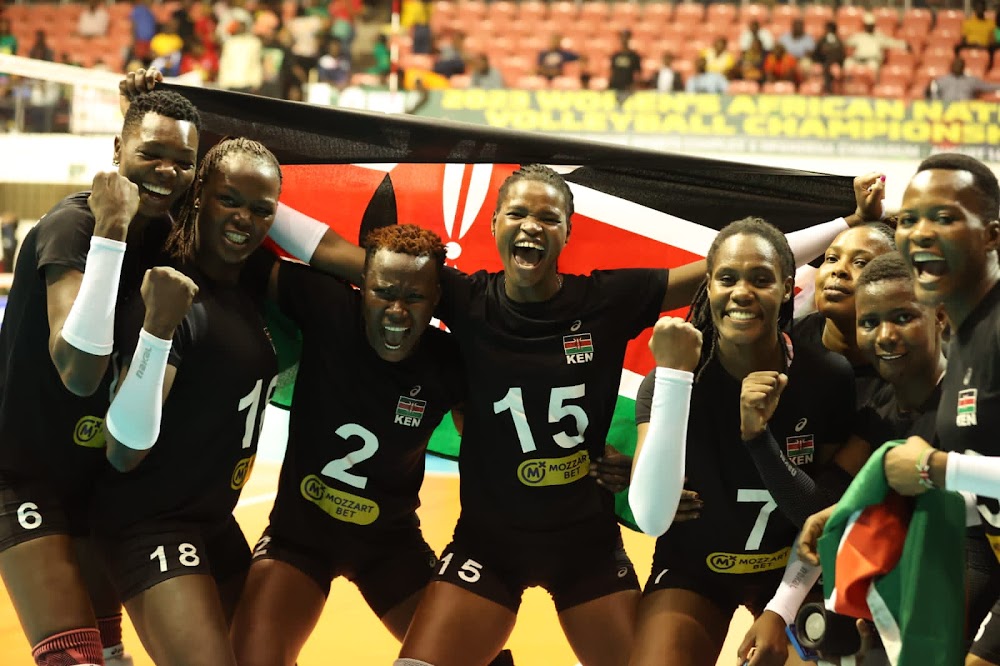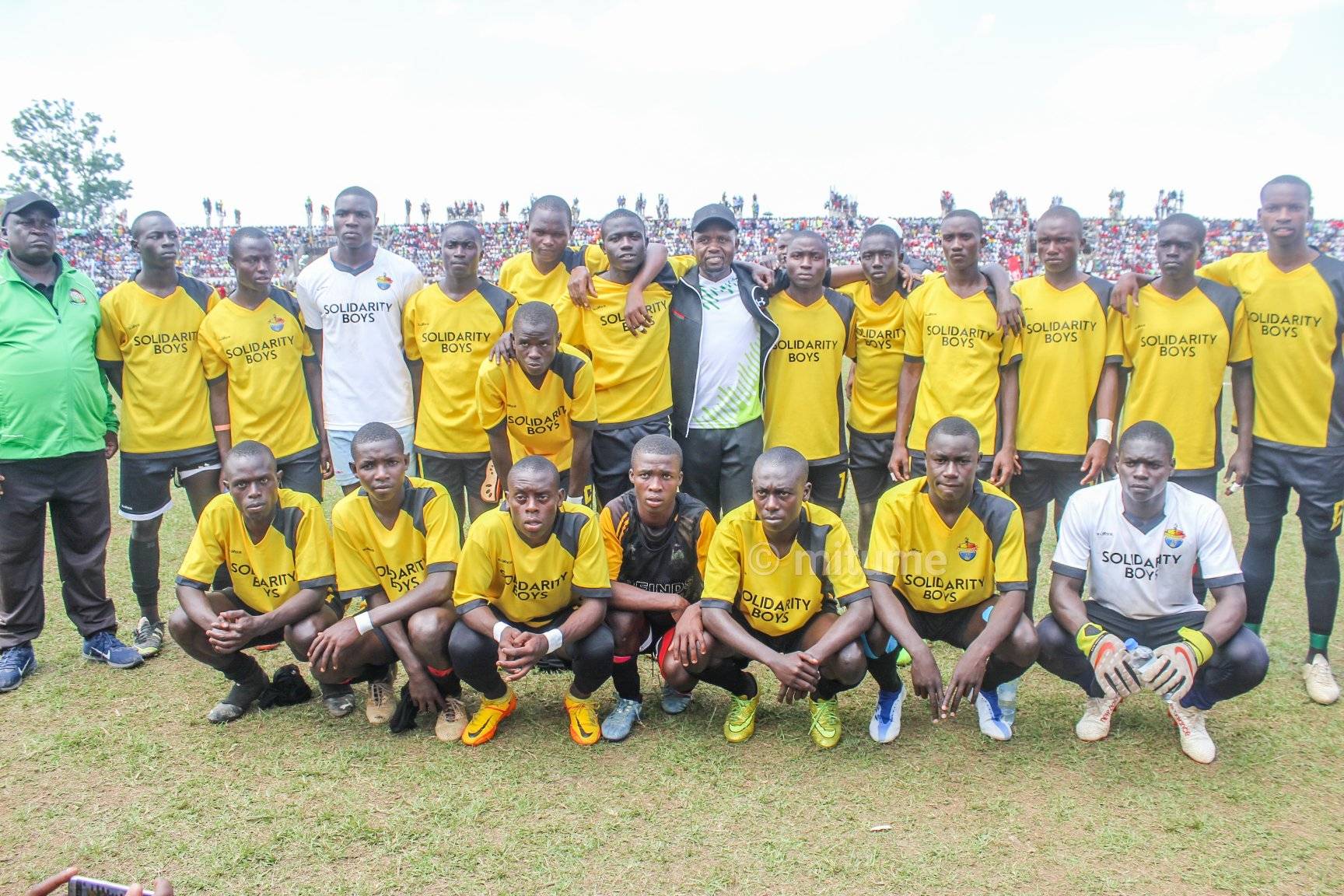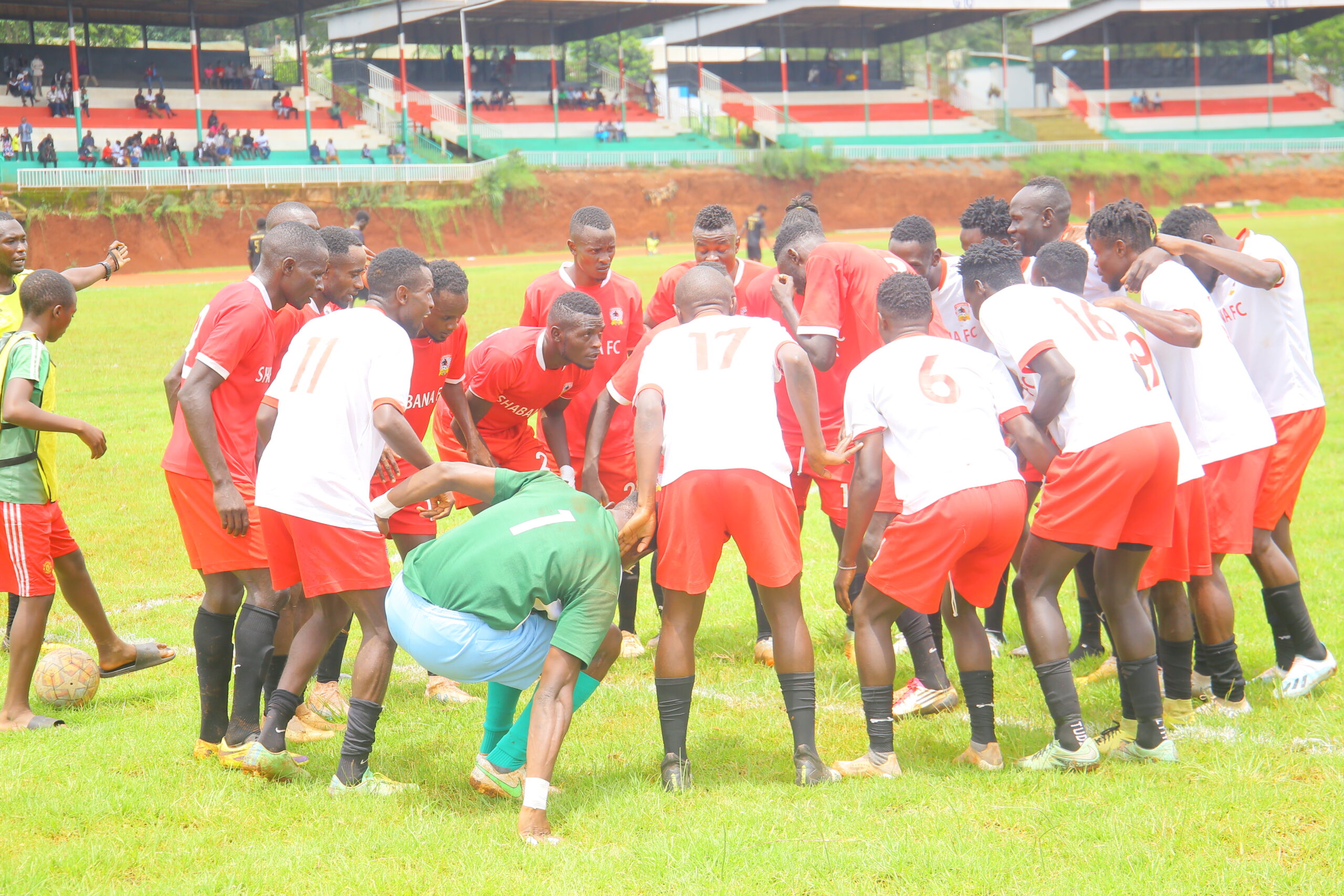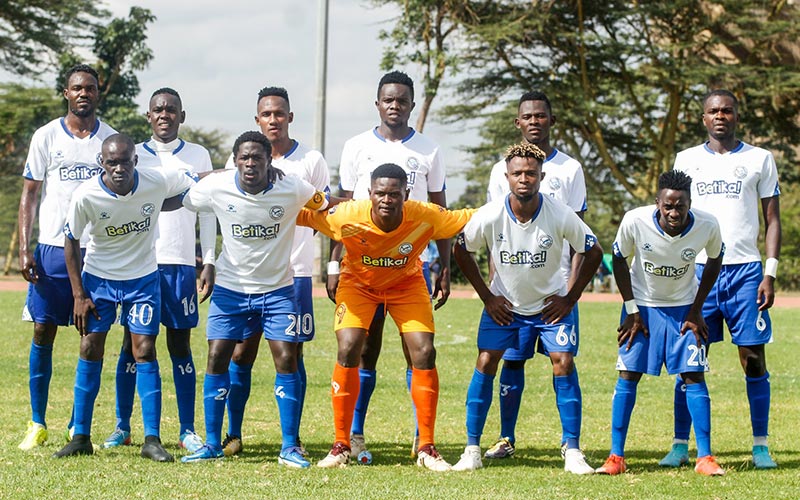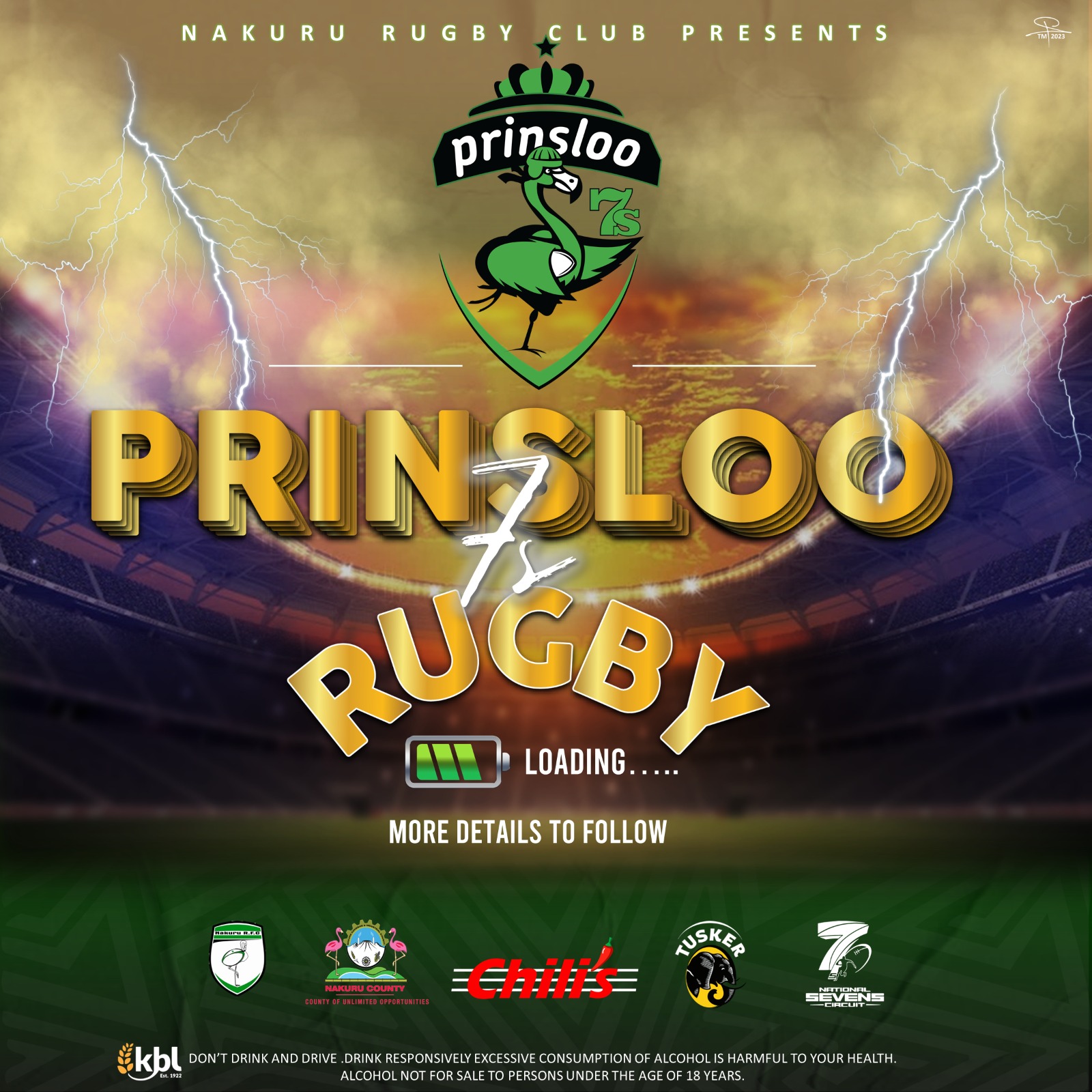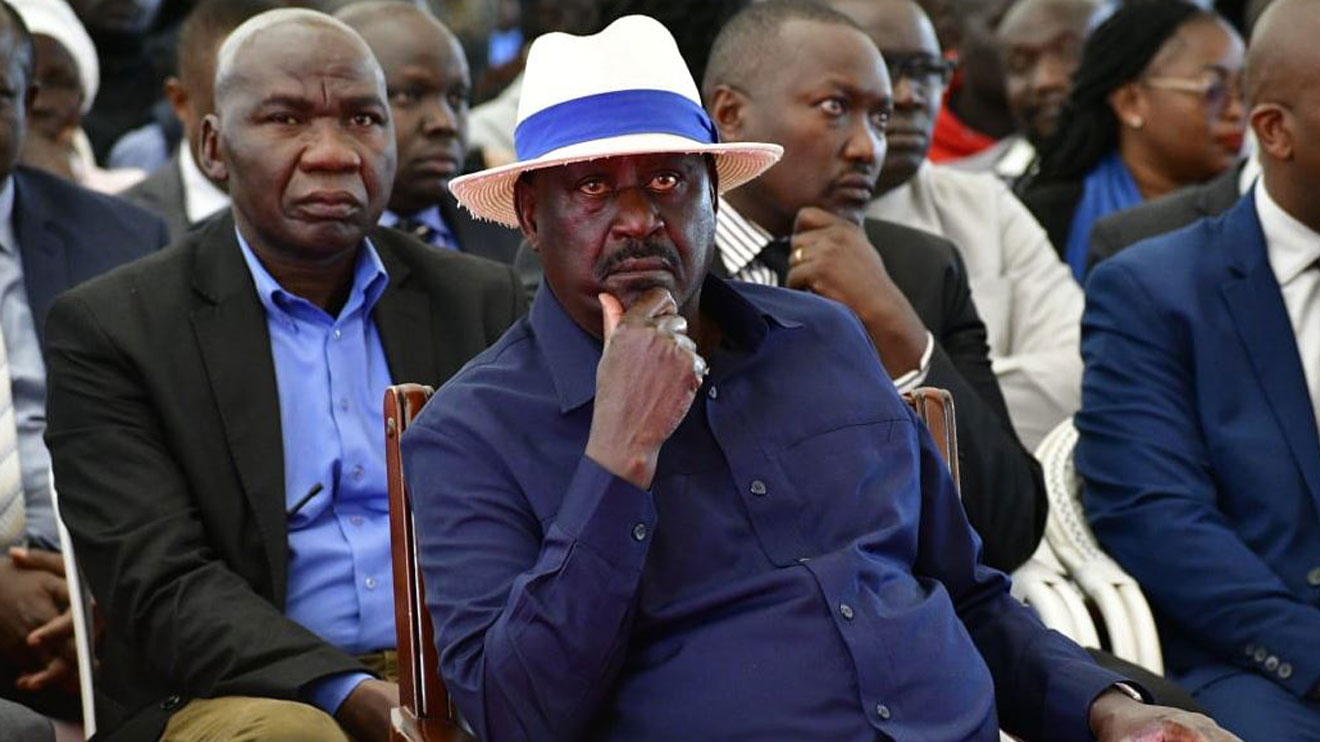In a dramatic turn of events, former Philippine President Rodrigo Duterte was arrested on Tuesday in Manila under an International Criminal Court (ICC) warrant. The 79-year-old faces charges of crimes against humanity for his controversial and deadly war on drugs, which rights groups claim led to tens of thousands of extrajudicial killings, primarily targeting the poor.


Details of the Arrest
The ICC warrant accuses Duterte of the “crime against humanity of murder” in connection with his administration’s anti-drug campaign. Early Tuesday morning, Interpol Manila received the official copy of the ICC arrest warrant, confirmed the Philippine presidential palace.
“At present, the former president is under custody and in good health,” the government said, adding that he is being monitored by state medical personnel.
The arrest took place at Manila’s international airport as Duterte returned from a brief trip to Hong Kong. During a speech to overseas Filipino workers there, Duterte expressed defiance, labeling ICC investigators as “sons of whores” but conceded that he would accept his fate if arrested.
ICC Investigation Timeline
The Philippines withdrew from the ICC in 2019 under Duterte’s directive. However, the court maintained jurisdiction over alleged crimes committed before the withdrawal, including killings in Davao City during Duterte’s tenure as mayor, long before he assumed the presidency.
The ICC formally launched an investigation in September 2021 but temporarily paused it when the Philippines claimed it was reviewing cases of drug-related deaths. In July 2023, the ICC rejected the Philippine government’s objections and resumed its probe.
President Ferdinand Marcos Jr.’s administration has repeatedly stated it would not cooperate with the ICC investigation. However, officials acknowledged that the government is obliged to assist if Interpol formally requests it.
Public Reaction and Controversy
Duterte’s arrest has sparked mixed reactions across the Philippines. While human rights organizations have welcomed the move, many Filipinos remain loyal to the former leader. His quick, hardline approach to crime won him widespread support, and he continues to wield significant political influence. Duterte is even campaigning to return as mayor of Davao City in the upcoming May midterm elections.
The former president has consistently defended his actions, claiming the drug war was essential to prevent the Philippines from becoming a “narco-state.” Speaking at a Senate inquiry in October, Duterte declared, “I did what I had to do. No apologies, no excuses—it was for my country.”
Limited Accountability
Despite the high death toll attributed to the drug war, only nine police officers have been convicted in connection with drug-related killings. Locally filed charges in a few cases have failed to deliver widespread accountability for the thousands of lives lost.
Duterte’s admission of ordering officers to shoot narcotics suspects “if their lives were at risk” has only fueled calls for justice from victims’ families and international human rights advocates.
As the ICC case against him unfolds, the world watches closely to see whether Duterte’s controversial legacy will face the full weight of international law.



